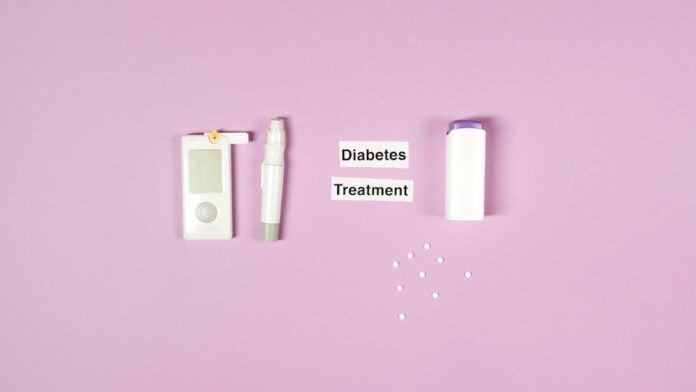
In recent years, there has been significant progress in the field of diabetes care, with new advances and breakthroughs making it easier for millions of people around the world to manage their condition. As we head into 2022, there are several exciting innovations on the horizon that promise to revolutionize the way diabetes is treated and monitored. In this article, we will explore some of the most promising new developments in diabetes care and how they are shaping the future of this important health condition.
One of the most exciting breakthroughs in diabetes care is the development of advanced insulin delivery systems. Insulin is a hormone that helps the body regulate blood sugar levels, and for people with diabetes, it is essential for managing their condition. Traditional insulin delivery methods, such as injections or insulin pumps, can be inconvenient and sometimes painful. However, new technologies are emerging that promise to make insulin delivery easier and more effective.
One of the most promising developments in this area is the development of implantable insulin pumps. These devices are small, implantable devices that continuously deliver insulin to the body, eliminating the need for frequent injections. This can help to improve blood sugar control and reduce the risk of complications associated with diabetes. In addition, implantable insulin pumps can be programmed to deliver insulin in a more precise and personalized way, based on individual needs and preferences.
Another exciting development in diabetes care is the use of continuous glucose monitoring (CGM) systems. CGM systems are wearable devices that continuously monitor blood sugar levels and provide real-time data to the user. This can help people with diabetes to better understand how their diet, exercise, and medication affect their blood sugar levels, and make more informed decisions about their treatment. In addition, CGM systems can provide alerts and alarms when blood sugar levels are too high or too low, helping to prevent dangerous fluctuations in blood sugar.
Advances in diabetes care are not limited to the treatment and monitoring of the condition. There are also exciting developments in the field of diabetes management and education. For example, digital health platforms are emerging that provide personalized guidance and support to people with diabetes, helping them to better manage their condition and improve their quality of life. These platforms can provide information on diet, exercise, medication, and other aspects of diabetes care, as well as tools for tracking blood sugar levels and monitoring progress over time.
One of the most important aspects of diabetes care is prevention. While some risk factors for diabetes, such as genetics and age, are beyond our control, there are many lifestyle factors that can be modified to reduce the risk of developing the condition. In recent years, there has been increasing awareness of the importance of diet and exercise in preventing diabetes, and new research is shedding light on the specific ways in which these factors can impact the development of the condition.
For example, recent studies have shown that a diet rich in fruits, vegetables, whole grains, and lean proteins can help to reduce the risk of developing diabetes. In addition, regular physical activity has been shown to improve insulin sensitivity and reduce the risk of insulin resistance, a key risk factor for diabetes. By making small changes to diet and lifestyle, people can significantly reduce their risk of developing diabetes and improve their overall health.
In conclusion, there are many exciting new advances in diabetes care that promise to revolutionize the way this important health condition is treated and managed. From advanced insulin delivery systems to continuous glucose monitoring systems to digital health platforms, there are many tools and technologies available to help people with diabetes live healthier and happier lives. By staying informed about the latest developments in the field of diabetes care, people with diabetes can take control of their condition and work towards better health and well-being.

















